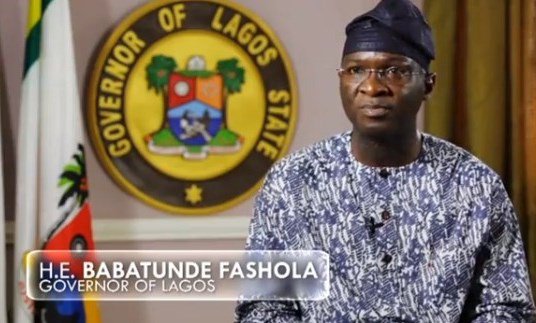Accompanied
by his 2 year twin girls, Manyoh Besong and Ayamba Besong; Josiah Egbe strolls
out of his family house to extend a hand shake to a journalist. His cold and
solid smile creates a good friendship. Josiah’s typical playful African twin -(talkative
indeed) run around the giant cocoa nut tree, in front of their house where
their father Josiah Egbe has planted their family treasure, 4 active snail farms.
Josiah is a tall handsome dark young man referred to in his community as “Tanyi”
meaning father of twin.
In the context of the Cameroon’s snail farming project
Josiah is a special case and his slow space belies his accomplishments. Josiah,
wife and three children live in the Ekona village some 10KM from Buea the
capital of the South West Region in Cameroon.
































